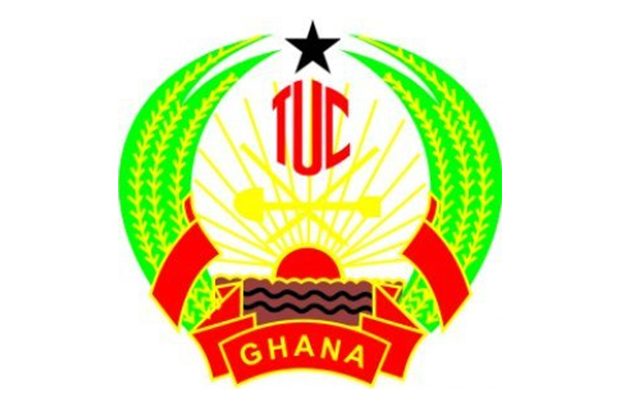Labour unions have criticised the leadership of Organised Labour, accusing them of weak leadership and a lack of transparency in the 2026 base pay negotiations.
This was contained in a statement issued and signed on Monday, November 3, 2025 by Stephen Desu, Innovative Teachers, Founder, Harruna Rafik, Chairman, Senior Staff Association-Universities of Ghana (SSA-UoG), UG-Korle-bu Branch, Isaac Donkoh, Immediate Past National Chairman (SSA-UoG), Daniel Kweku Obo Manuel, Chairman, SSA-UoG, UniMAC Branch.
The labour unions said it was unacceptable that Organised Labour would begin the 2026 Base Pay Negotiations with a meagre proposal of 20%, which was later reviewed downward to 15% on day one.
It also described government offer of 2.5%, which was later adjusted to 5%, as insulting and shows a complete lack of empathy and respect for the sacrifices of public sector workers who continue to deliver essential services under increasingly difficult circumstances.
“We, the undersigned Labour Unions, wish to express our disappointment and discontent regarding the behaviour of the leadership of Organised Labour towards the ongoing 2026 Base Pay Negotiations between Organised Labour and the Government of Ghana.
“The average Ghanaian worker is battling with high utility tariffs, abnormal taxes, and a rising cost of living. It is expected that the leadership of Labour Unions will come to their aid with an improved proposal at the 2026 Base Pay negotiations,” it stated.
According to the unions, a fair and credible negotiation should have commenced with nothing less than a 50% demand, considering the prevailing economic challenges and the continuous erosion of workers’ real income.
The unions, therefore, cautioned the leadership of Organised Labour to act in the best interest of workers, while calling on the government to return to the negotiation table with a realistic offer that reflects the true cost of living.
It also indicated that the posture of the leadership of Organised Labour, in their view, does not reflect the collective interests of Ghanaian workers, especially those on the Single Spine Salary Structure (SSSS), nor does it represent the magnitude of suffering across the country.
“No wonder the leadership of Organised Labour hurriedly and shamefully accepted a 10% base pay increase for 2025 early this year. After accepting the 10% base pay increment, the government later increased utility tariffs by 21%, which eventually made the economic conditions of workers worse off,” parts of the statement read.
The unions further bemoaned the failure of the leadership of Organised Labour to do proper consultations with the various unions before settling on their suspicious 20% proposal, explaining that lack of engagement and inclusivity in developing a common front has eroded confidence in the process and raised serious questions about whose interests were truly being served.
“How can Organised Labour present a proposal to the government for 2026 base pay negotiations without the input from other Unions and Associations, or a single meeting among Organised Labour?
“Why were the media men present prevented from covering the post-negotiation briefings? This is a sharp departure from established practice. This deliberate act of secrecy raises legitimate concerns about transparency and accountability. Why prevent the media from reporting progress if there is nothing to hide? Workers have every right to know what is being negotiated on their behalf,” it added.
By Ebenezer K. Amponsah


